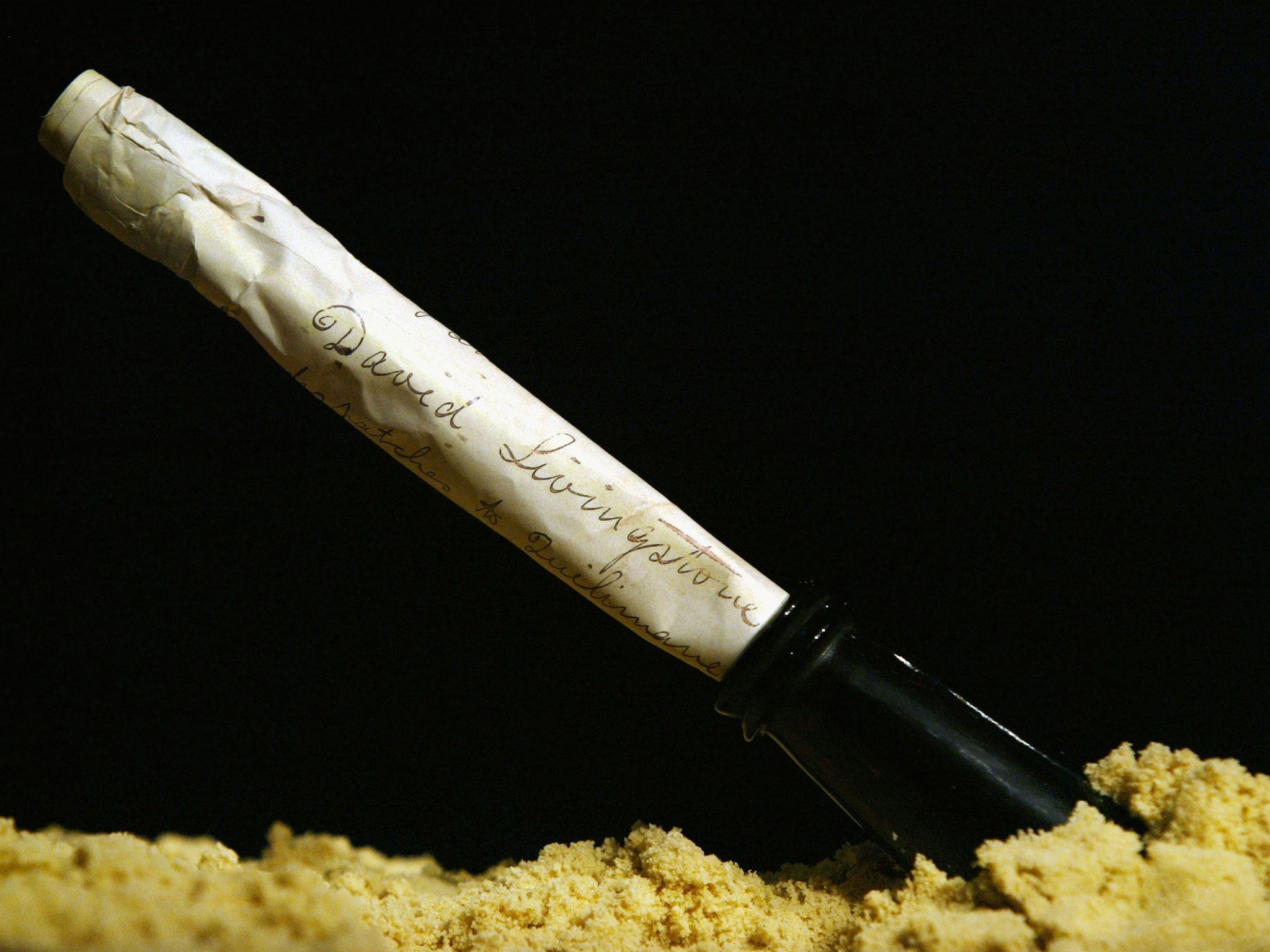Errors and Omissions: Are we in agreement? Apparently not in this case
The trouble with pronouns and why we should ban stories staring with "A man who..."

If English were a heavily inflected language, in which everything had to agree in case and gender, then writers might not be as careless as they are about agreement as to number. Contemplate, if you will, the following opening to a comment piece published on Tuesday:
“There are things that no child should ever have to think about. And there are things that most adults would rather not think about. The Underwear Rule, a new campaign launched by the NSPCC yesterday, recognises that when it comes to protecting children, it is the latter, as much as the former, that really dictates how we behave.”
Note two points. First, lurking in the middle of this cloud of unknowing we find the notorious “when it comes to”, a sure indicator of a writer’s brain not quite in focus. Second, the issue of number. “Things” and “dictates” are separated by such a wide wilderness that it is not easy to spot that we have here a plural subject governing a third person singular verb. “Things dictates” obviously makes no sense. That should be “dictate”.
Any other name: On Tuesday we published a news story about a new play based on transcripts of conversations between a wealthy man and his mistress. It reported: “They were initially collected into a book with the authors using the pseudonyms ‘She’ and ‘He’.”
Close, but no cigar. A pseudonym is a false or fictitious name. “He” and “She” hardly qualify as names.
Who them? More trouble with pronouns in a Notebook piece last Saturday. “No small bookseller can match the Tesco price of the new Dan Brown, and what might have tided them over the year makes very little difference to them.” It seems likely that the first “them” is the bookseller and the second is Tesco, but it is hard to be sure.
Time out of place: “A man who threw a message in a bottle into the English Channel 34 years ago, when he was nine years old, has met the French woman who found it for the first time.” That was the opening of a short news item published last Saturday. It would have been easy to clear up an irritating ambiguity by moving the words “for the first time” so that they came straight after “met”.
Back in the 1970s when I worked on that fine regional daily The Northern Echo, there was a ban on starting stories with “A man who …”. The danger was that half the stories on the paper could have begun thus.
Up to the Mark: Last week this column had occasion to ask whether the French call Mark Antony Marc Antoine. A quick glance at French Wikipedia would have yielded the answer: yes, but with a hyphen. My old friend Mike Duggan sends me this sample: “Après la mort de Jules César, Marc-Antoine hérite un tiers du monde romain.”

Join our commenting forum
Join thought-provoking conversations, follow other Independent readers and see their replies